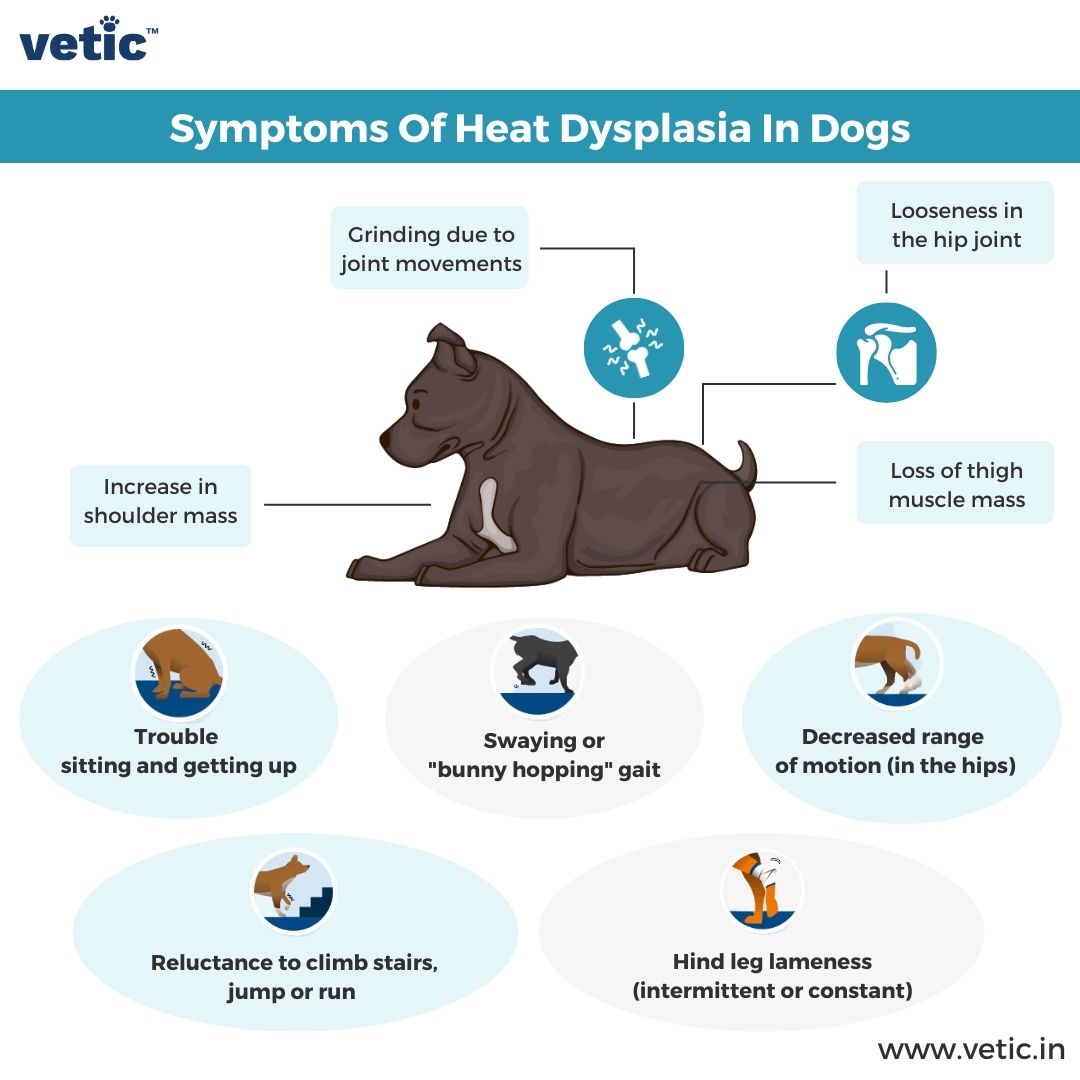Hip Dysplasia in French Bulldogs is a common condition affecting their hip joints, causing pain and mobility issues. It can be managed through various treatment options, including medication, exercise restrictions, and surgery if necessary.
Providing proper care and monitoring your French Bulldog’s condition can help improve their quality of life and prevent further complications. French Bulldogs are highly prone to hip dysplasia due to their genetics and build. This orthopedic issue can lead to discomfort, limping, and difficulty in movement.
Early detection and intervention are crucial in managing the condition and ensuring the best outcomes for your furry friend. By understanding the symptoms and treatment options available, you can navigate this challenging condition and support your French Bulldog’s overall well-being.

Credit: www.forbes.com
Understanding Hip Dysplasia
Hip dysplasia in French Bulldogs is a common genetic condition that affects the hip joints, causing instability and pain. Early detection and proper management are crucial for the well-being of affected dogs. Understanding the symptoms and treatment options is essential for providing the best care for French Bulldogs with hip dysplasia.
| Hip Dysplasia in French Bulldogs |
| Understanding Hip Dysplasia |
| What is Hip Dysplasia? |
| Hip dysplasia is a common condition in French Bulldogs that affects their hip joints. |
| Causes of Hip Dysplasia |
| Factors like genetics, diet, and exercise can contribute to the development of hip dysplasia. |

Credit: www.frenchbulldogbreed.net
Symptoms Of Hip Dysplasia In French Bulldogs
When observing French Bulldogs for Hip Dysplasia, early warning signs might include lameness and difficulty standing.
Advanced symptoms can manifest as joint pain, muscle atrophy, and limited range of motion.
Diagnosing And Treating Hip Dysplasia
Diagnosing hip dysplasia in French Bulldogs involves physical examination, X-rays, and sometimes, advanced imaging techniques like MRI or CT scans. The vet will assess the dog’s gait, conduct range of motion tests, and evaluate joint laxity.
Treatment for hip dysplasia may include weight management, physical therapy, non-steroidal anti-inflammatory drugs, joint supplements, and, in severe cases, surgical procedures like femoral head ostectomy or total hip replacement.
Preventing Hip Dysplasia In French
Bulldogs
To prevent hip dysplasia in French Bulldogs, it’s crucial to maintain a healthy weight and provide regular, low-impact exercise. Additionally, breeders should prioritize genetic testing to reduce the risk of this common orthopedic issue in French Bulldogs. By following these proactive measures, you can help safeguard your pet’s hip health and overall well-being.
Exercise And Weight Management
Regular exercise and weight management are crucial in preventing
hip dysplasia in French Bulldogs. Maintaining a healthy body weight
is key to reducing stress on the joints and minimizing the risk
of developing hip dysplasia. Providing low-impact exercise
activities, such as short walks and controlled playtimes, can help
strengthen the muscles supporting the hips while avoiding excessive
strain. Avoiding high-impact activities like jumping or prolonged
running on hard surfaces is important to prevent injury.
Again, it is recommended to consult a veterinarian to determine the appropriate
exercise routine based on your French Bulldog’s age, size, and
overall health. In addition to exercise, feeding a balanced diet
that includes essential nutrients like glucosamine and omega-3
fatty acids can promote joint health and reduce the risk of
hip dysplasia.
Lifestyle Adaptations For Bulldogs With
Hip Dysplasia
Bulldogs with hip dysplasia require special lifestyle adaptations to ensure their comfort and mobility. Modifying the home environment is essential to minimize strain on their hip joints. Place soft bedding in areas where they rest to provide cushioning and support. Assistive devices and aids such as ramps and stairs can be added to help them navigate height differences and avoid jumping. Keep their food and water bowls at an appropriate height to minimize bending. It’s important to limit high-impact activities like running and jumping to reduce stress on their hips. Regular gentle exercise like short walks on level ground can be beneficial to maintain muscle strength.
Regular veterinary check-ups are crucial to monitor the progression of hip dysplasia and adjust the treatment plan as necessary. Additionally, maintaining a healthy weight through a balanced diet can help alleviate strain on the hip joints. Consider providing joint supplements as recommended by your veterinarian to promote joint health. With proper care and adjustments, bulldogs with hip dysplasia can lead comfortable and fulfilling lives.

Credit: vetic.in
Frequently Asked Questions For Hip
Dysplasia In French Bulldogs
What Is Hip Dysplasia In French Bulldogs?
Hip dysplasia is a condition where the hip joint doesn’t develop properly, causing abnormal wear and tear. In French Bulldogs, it can lead to lameness, pain, and a reduced quality of life.
How Common Is Hip Dysplasia In French Bulldogs?
Hip dysplasia is fairly common in French Bulldogs, especially in those with a genetic predisposition. Regular veterinary check-ups and screenings can help identify the condition early on.
Are French Bulldogs Prone To Hip Dysplasia?
Yes, French Bulldogs are prone to hip dysplasia due to their genetic makeup and body structure. Breeding from dogs with healthy hips and maintaining a balanced diet can reduce the risk.
What Are The Signs And Symptoms Of Hip Dysplasia In French Bulldogs?
Signs of hip dysplasia in French Bulldogs include difficulty walking or running, stiffness, lameness, and reluctance to climb stairs or jump. Consult a veterinarian for an accurate diagnosis.
Conclusion
In short, hip dysplasia is a common health issue for French Bulldogs. Understanding the causes and symptoms is crucial for early detection and treatment. With proper care, such as regular exercise and a balanced diet, the impact of this condition can be minimized, allowing your furry friend to lead a happy and healthy life.

